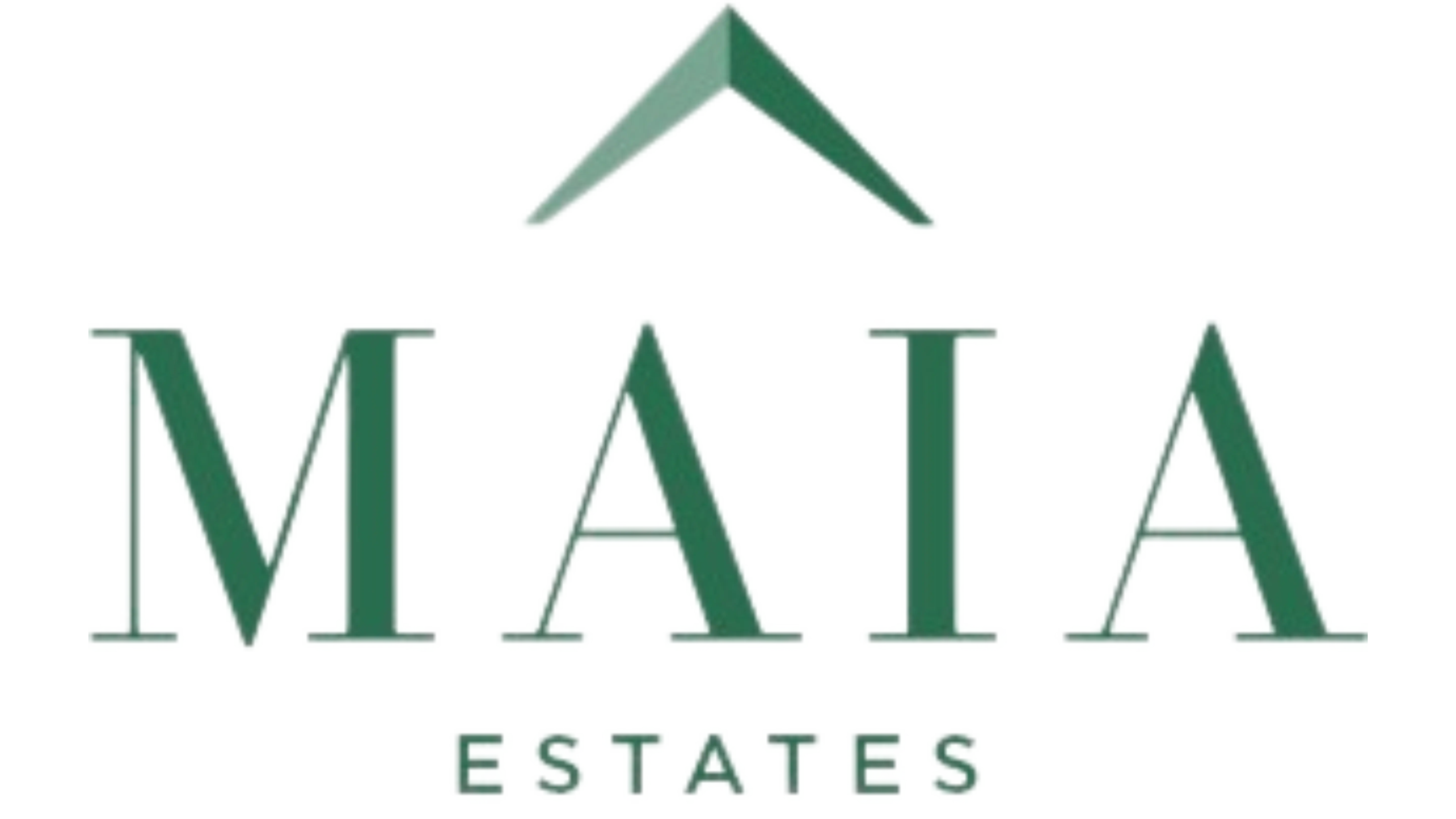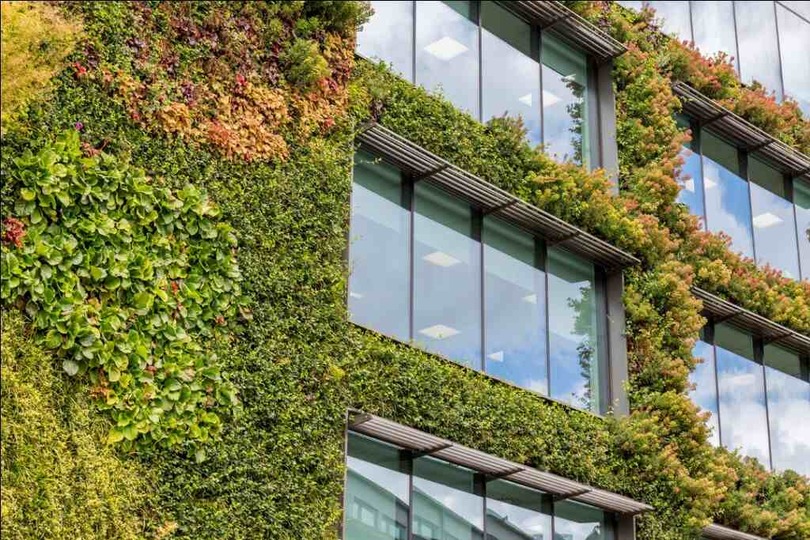(Photo: Courtesy The CSR Journal)
Technology in real estate has traditionally focused on streamlining business processes and alleviating conventional challenges. However, there is a discernible shift as technology now assumes a more targeted role, specifically when it comes to sustainability and environmental consciousness. One sector where this convergence is increasingly evident is luxury real estate, where in addition to grandeur, technology is helping to redefine standards, not only for sophistication but also for a meaningful contribution to a sustainable and eco-friendly future.
The Need for Sustainability
According to the Economic Survey (2022-23), India’s economy is poised to grow at a rate of 6.5% in FY24. This growth is anticipated to escalate energy demand, particularly with the population projected to reach 1.5 billion by 2030. To ensure sustainability in this evolving scenario, there’s a pressing need for the real estate sector, which currently contributes to 22% of India’s energy demand, to integrate new technologies into its practices and figure effective solutions that minimise negative impact on the environment.
Smart Building Systems
Smart building systems integrate advanced technologies to enhance the efficiency and sustainability of structures. In luxury real estate, these systems play a pivotal role in reducing environmental impact and optimising resource usage. Examples include intelligent lighting and HVAC systems that adjust based on occupancy, natural light, and weather conditions, ensuring energy conservation.
Additionally, advanced building automation systems enable centralised control over various components, such as security, climate, and entertainment, promoting streamlined operations and energy efficiency. Smart meters and sensors provide real-time data, empowering homeowners to make informed decisions for sustainable living. Overall, smart building systems in luxury real estate contribute significantly to environmental sustainability by minimising energy consumption and promoting efficient resource utilisation.
Renewable Energy
Renewable energy, with a spotlight on solar power, is gaining traction as a potent force in curbing greenhouse gas emissions and combating climate change. Recent strides in battery technology have empowered the storage of renewable energy, paving the way for buildings to operate seamlessly on clean energy year-round.
Solar energy is making its mark in society operations, energising lifts, and illuminating common areas through solar panel roofs boasting a 25KW capacity. To facilitate the transition to renewable energy, guidelines such as The Greenhouse Gas Protocol have emerged, offering stakeholders and developers a roadmap to optimise energy usage. Strategies like Virtual Power Purchase Agreements (VPPAs), Green Energy Credits, Net Metering, and Green Tariff Mechanisms are being championed, encouraging the widespread embrace of renewable energy sources.
Water Conservation
Technology can also play an important role in advancing water efficiency. For instance, utilising real-time weather data and smart irrigation systems can adapt schedules for optimal efficiency. There are also other ways such as advanced leak detection mechanisms which can swiftly identify and alert, preventing potential wastage. Furthermore, high-tech, low-flow plumbing fixtures seamlessly integrate luxury with sustainability, effectively reducing water consumption.
There are also other very advanced and futuristic options such as automated rainwater harvesting systems equipped with sensors that optimise collection for non-potable uses like irrigation. All of these smart monitoring systems offer real-time insights, empowering informed decision-making by homeowners. Centralised platforms ensure a cohesive and efficient water management strategy in high-end homes, defining a sustainable paradigm in water usage.
Eco-Friendly Construction Materials
Technological advancements are also changing the landscape of eco-friendly construction materials. This transformative journey spans from energy-efficient appliances to innovative systems like geothermal heating. Among the notable eco-friendly materials is cellulose insulation, comprised of 75-80% recycled content, notably newspapers, providing a cost-effective and sustainable substitute for traditional fibreglass, while offering superior insulation and soundproofing benefits.
There is also an evolution in groundbreaking technologies like Carbon Capture and Storage (CCS), particularly in materials like concrete, showcasing the potential to significantly diminish carbon dioxide emissions from the construction sector, which currently contributes to about 39% of global energy-related CO2 emissions.
Simultaneously, the advent of sustainable construction materials sourced from renewable resources such as bamboo, hemp, and mycelium mark a notable shift towards materials with substantially lower carbon footprints when compared to conventional options like steel and concrete, aligning with the industry’s commitment to environmentally conscious practices.
The changing expectations of consumers have reshaped the definition of luxury in the real estate landscape. Beyond lavish finishes and expansive spaces, luxury now embraces sustainability, the seamless integration of technology, and a comprehensive approach to overall well-being. In response to this shift, developers are embracing green building practices, energy-efficient designs, and the inclusion of wellness amenities in their projects. The current trend in luxury home design prioritises the creation of environments that foster both physical and mental well-being.


